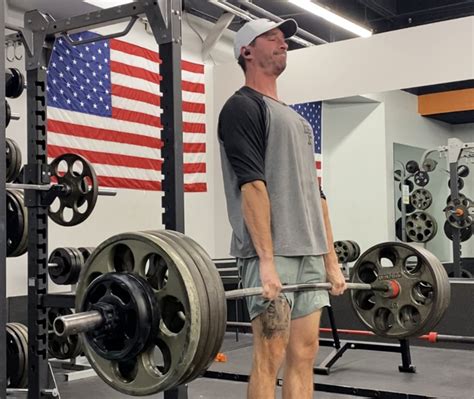Optimize workout recovery for peak performance & accelerated muscle gains?

Most gym-goers meticulously plan their workouts, but often neglect the equally crucial phase: recovery. True progress isn’t made in the gym, but in the hours and days following, when your body repairs, adapts, and grows stronger. Optimizing your recovery isn’t just about feeling less sore; it’s the secret weapon for unlocking peak performance, preventing injury, and accelerating muscle gains.
Fueling the Repair Process: Post-Workout Nutrition
The food you consume post-workout is arguably the most critical component of recovery. Your muscles are depleted of glycogen (energy stores) and muscle fibers have been microscopically torn. To kickstart repair and growth, a timely intake of protein and carbohydrates is essential. Protein provides the amino acids needed for muscle protein synthesis, while carbohydrates replenish glycogen stores, readying you for your next session. Aim for a balanced meal or shake within 60 minutes of training. Don’t forget hydration; water is vital for nutrient transport and overall physiological function.

The Ultimate Recovery Tool: Quality Sleep
While you’re awake, your body is constantly under some form of stress. It’s during deep sleep that the magic truly happens. Your body releases growth hormone, crucial for tissue repair and muscle growth, and testosterone, important for strength and muscle mass. Aim for 7-9 hours of quality sleep per night. Poor sleep can elevate cortisol levels, a catabolic hormone that can hinder muscle repair and even lead to muscle breakdown. Prioritize sleep as much as your heaviest lifts.

Active Recovery and Mobility: Gentle Movement for Greater Gains
Sitting still after a tough workout might seem like a good idea, but gentle movement can actually accelerate recovery. Activities like light cardio (walking, cycling), stretching, foam rolling, or yoga can improve blood flow to tired muscles, helping to flush out metabolic waste products and deliver fresh oxygen and nutrients. This also helps maintain range of motion and prevents stiffness, reducing the risk of injury. Incorporate active recovery on rest days or as part of your cool-down routine.

Minimizing Stress: The Unseen Recovery Factor
Physical training is a form of stress, but so are work deadlines, financial worries, and relationship issues. Chronic psychological stress elevates cortisol, which can counteract the anabolic (muscle-building) effects of your workout. Finding healthy ways to manage stress – through meditation, hobbies, spending time in nature, or simply relaxing – can significantly impact your body’s ability to recover and adapt to training stimuli. A calm mind supports a resilient body.

Listen to Your Body: The Smart Approach to Training
Perhaps the most underrated recovery strategy is simply listening to what your body tells you. Pushing through extreme fatigue, persistent soreness, or minor aches can lead to overtraining, injury, and burnout. Incorporate deload weeks, take extra rest days when needed, and adjust your training intensity based on how you feel. Consistency over intensity, especially in the long run, is key to sustainable progress and optimal gains.

Workout recovery isn’t a passive process; it’s an active, multi-faceted strategy that, when optimized, can transform your fitness journey. By prioritizing proper nutrition, quality sleep, active recovery, stress management, and mindful training, you’ll not only recover faster but also build a stronger, more resilient body capable of sustained peak performance and accelerated muscle gains. Make recovery an integral part of your training regimen, and watch your progress soar.









